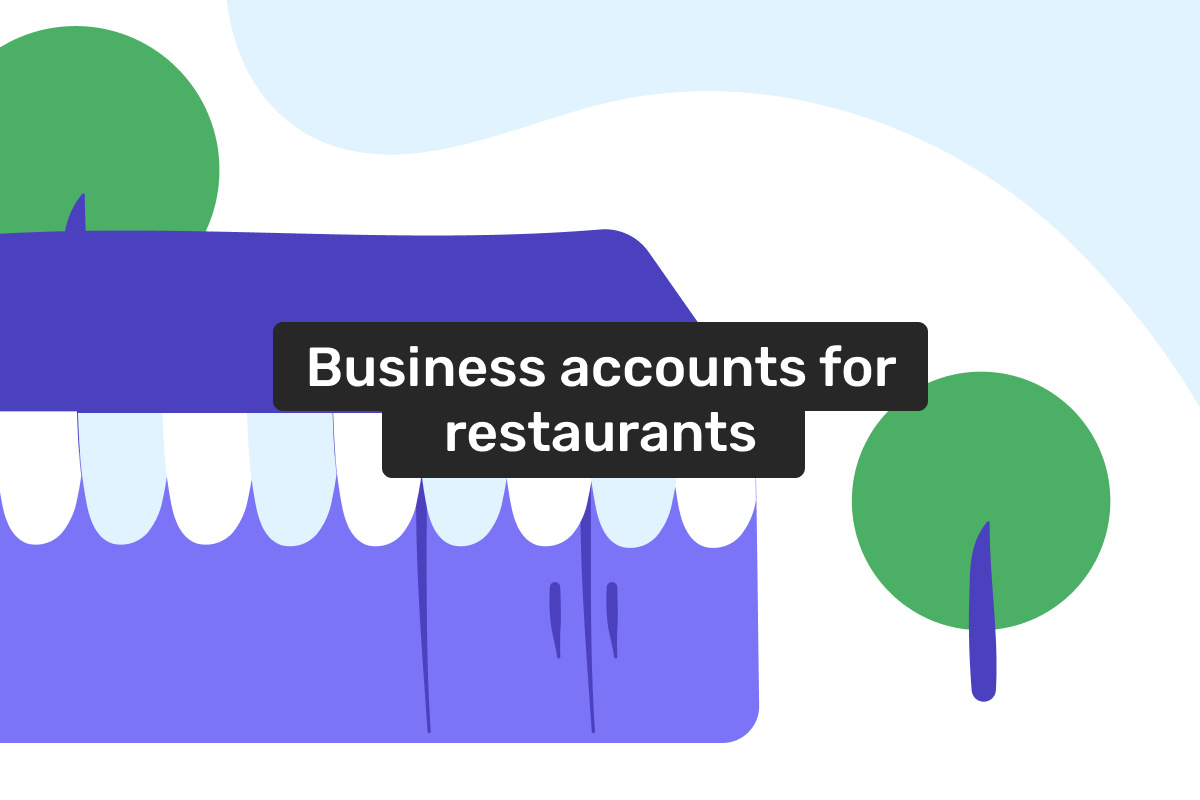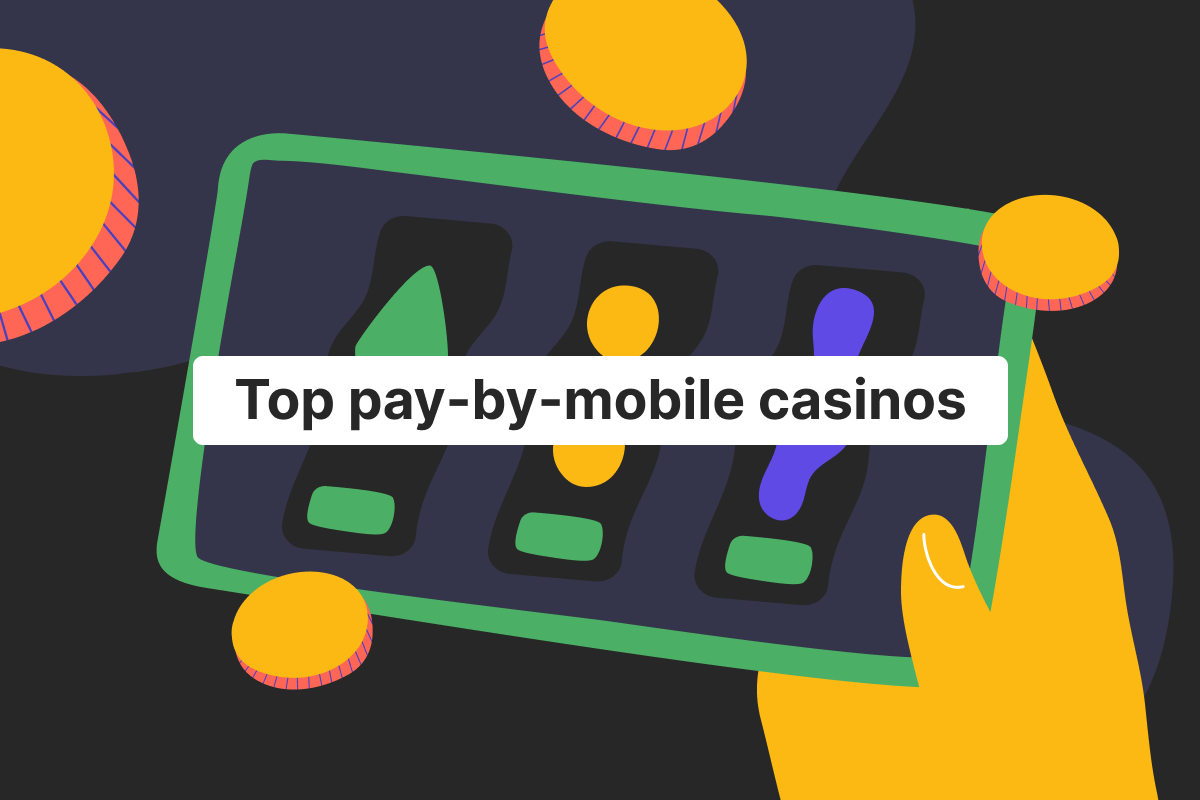Genome Blog / articles / Business bank accounts for restaurant owners: how to choose one
Jul. 27, 2023
A business bank account is a must for any company that offers products, merchandise, and services to customers. However, there’s no one-size-fits-all solution. Meaning that the needs of companies may vary drastically when it comes to financial services. While e-commerce websites won’t need much in terms of banking solutions, restaurant owners will face quite a different experience.
That’s why today, Genome’s team decided to explain the intricacies of getting a restaurant bank account. In this article, restaurant owners can learn what their business needs to run the financial side of it.
Types of bank accounts for restaurant owners
Generally, as with any company that services customers, a restaurant owner needs two types of bank accounts.
Business account
Business bank accounts, as the name suggests, is a term that refers to accounts that financial institutions provide for companies, so the latter can conduct financial operations. Restaurant owners require such an account as well. There are many variations of business bank accounts, such as:
- Business checking accounts;
- Business savings accounts;
- Foreign currency accounts;
- Investment accounts;
- Business certificates of deposit accounts;
- Business money market accounts.
You can find out the specifics about all these business bank accounts in Genome’s article “Types of business accounts that companies can have.”
Now, in terms of restaurant bank accounts, the type of business account you need will depend on your company’s size, location, number of branches, and the equipment you need. For example, if you have just started a tiny local restaurant, you might consider opening a small business bank account.
Looking for the best banks for small businesses? Here are some essential tips on how to choose one.
You might even have several accounts: for instance, one for day-to-day financial operations and another – for investment.
Of course, your best bet as a restaurant owner is to look for a financial institution that caters specifically to your restaurant’s needs, whichever they may be. More on that later.
Merchant account
Merchant accounts are crucial for companies that need to accept electronic payments from customers, as they are used to collect and store the said payments for a set period (usually from a couple of days to a week). Once the period ends, the funds will be automatically transferred to a business bank account, and a company can start using them.
Your restaurant will need a merchant account if you plan on accepting payment methods other than cash. These are debit and credit cards, alternative payment methods, etc. The account is also very useful if your restaurant accepts online orders if it has a delivery option.
For convenience’s sake, it is better to find a bank that offers both business bank and merchant accounts.
Restaurant and banking: why do you need a bank account?
A restaurant needs a business bank account that is separate from the owner’s personal bank account for several important reasons. Here are some of them:
- Allow your clients to pay the way they want. Let’s be clear: your restaurant can definitely accept payments in cash. However, having physical money as the only payment option will substantially limit your clients’ options, leading to possible profit losses. Thus, your restaurant needs to at least offer card payment options, for which you will need business bank and merchant accounts.
- Keep your corporate funds separate. As with any company, a restaurant business should separate corporate funds from personal ones. Doing so makes bookkeeping and financial reporting much easier for you and your accountant. It, in turn, makes you look more professional in the eyes of partners and contractors.
- Avoid legal risks. Yet another good point of why you should keep your personal and business funds separate. When a restaurant owner has a separate bank account, they can benefit from a level of liability protection. Maintaining financial separation makes personal assets less vulnerable to being affected in the event of legal issues or debts.
- Manage the business side of things more efficiently. Your reports and overall track of restaurant-related operations will be much more comprehensive when you use one bank account for everything. Moreover, keeping everything well-organized will help your restaurant tremendously when going through taxes and audits.
- Have an opportunity to apply for loans and get restaurant financing. A business bank account allows you to establish a well-defined track record of your restaurant’s financial operations, which plays an important role when you apply for restaurant business loans.
How to choose the best bank account for restaurant owners
There is no such thing as the best bank account for restaurant owners. What we mean is that there is no one standard solution for all restaurants, as most of them differ in size, type, business model, unique selling points, and so on.
Thus, you can select the best bank for your restaurant specifically by comparing financial institutions by the following criteria list:
- Your restaurant’s location. First and foremost, you need to find a bank that works with companies within your country or region. Moreover, you need to account for restaurant branches that you have or plan to open – if they are\will be located in another country, an international bank account is in place.
- The size of your restaurant. Before getting a business bank account, you need to assess your turnover and its potential growth, for instance, if you plan on opening more restaurant branches. You see, financial institutions work with different types of businesses based not only on their industry but turnover as well. Thus, some banks can only process payments from small companies, while others can take on enterprises.
- Restaurant POS system. Assuming your restaurant will be accepting card payments, you need POS terminals and other restaurant POS hardware. You can find a financial institution providing such hardware or rent it from a third-party company.
- The features and services a bank account provides. Before partnering with a financial institution, go through its website and talk to customer support to find out more about the tools and solutions you are getting. It is important because you might need additional services to enhance your business performance. For instance, batch payments feature to send transfers to contractors or the payroll tool to pay your employees. And, of course, the aforementioned payment methods. Before selecting a bank, you need to conduct research on your clientele – how they prefer to pay, which currencies they use, and so on. It will help you determine which payment methods your restaurant needs and find a bank that can deliver in this department.
- The fees. This one is pretty self-explanatory: if you have more than one restaurant banking option in mind – compare their service fees and pick the most reasonable option.
Looking for a financial institution that offers business and merchant accounts? Why not try Genome? Our electronic money institution offers all our services online with straightforward onboarding and many features to grow your company! For more information, check our website.
FAQ
What is the best accounting method for a restaurant?
The best accounting method will heavily depend on many factors, such as the size of the restaurant, which payment methods it utilizes, the regulations it must abide by, etc. To determine the best accounting method, your company needs to find an accountant experienced in working with restaurants. The accountant will assess your business and help find the most suitable accounting method.
What is the best POS system for restaurants and bars?
Many POS systems offer different services and benefits. Thus it is hard to determine which one is the best. When selecting a POS system, a restaurant owner needs to ensure that it will fit their business model, allows accepting payment methods that the restaurant has, and that it works within their country. Also, there are POS systems designed specifically for cafes and restaurants, thus, you may find them more suitable.





